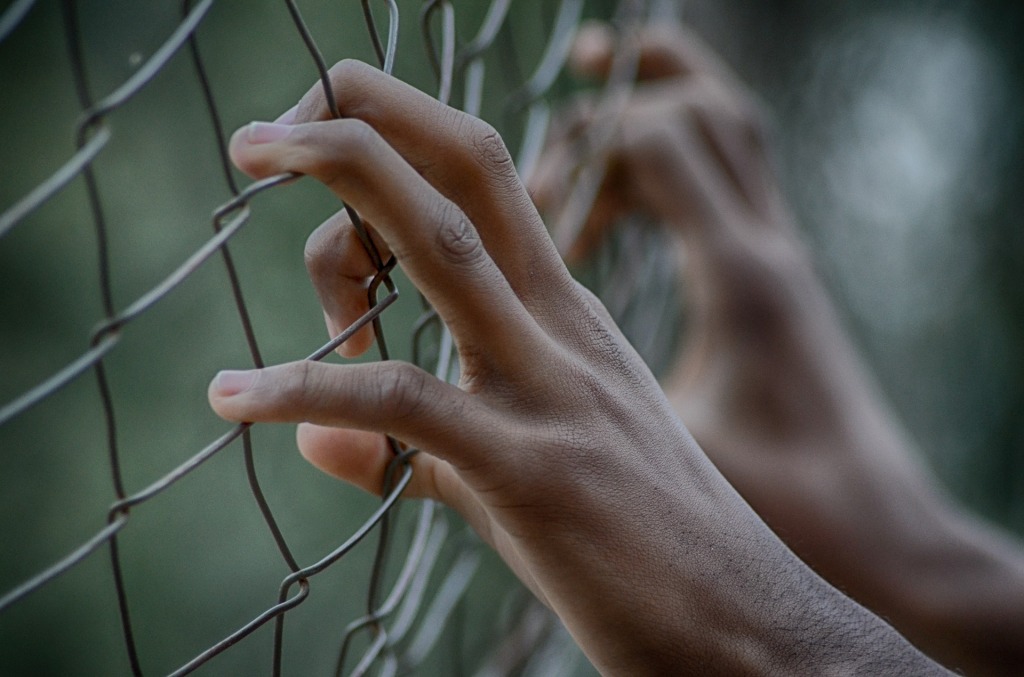By Amalia Corby, MS (Senior Legislative and Federal Affairs Officer, APA Advocacy Office)

Did you know that an estimated 15% of men and 30% of women entering the criminal justice system have a serious mental health condition? With more than 2 million people arrested annually, America’s jails and prisons have become the nation’s default mental health care provider. That’s why the American Psychological Association, alongside the National Association of Social Workers and the American Psychiatric Association, are leading a coalition of criminal justice and mental health organizations that have developed consensus recommendations for the 116th Congress to address mental health care in criminal justice and juvenile justice settings.
Increasingly, U.S. criminal justice systems have become the first responders to individuals with mental illness and substance use disorders. More than ever, jails and prisons are expected to provide appropriate services and treatment to the growing populations they serve. In order to address this crisis, policymakers must increase support for mental health services by providing more training and funding for mental health and substance use disorder treatment in criminal justice systems. But they also must invest in prevention, community-based crisis services, and programs that reduce recidivism.
In the consensus document, we collectively acknowledge the progress made in recent years to address this growing need. We also outline recommendations for continuing progress on issues such as diversion tactics, effective practices during incarceration, workforce development, federal research and coordination, juvenile justice reform, and much more.
Ask your representatives – what are they doing to address mental health in criminal justice settings at the local, state and federal levels? This consensus document’s recommendations are a promising place from which they can start to make change.
We look forward to continuing these efforts in 2020.
To learn more about APA’s advocacy efforts regarding criminal justice, please visit: https://www.apa.org/advocacy/criminal-justice
Image credit: Image by Fifaliana Joy from Pixabay
View more here.
Credit- APA. Published by- Dr. Sabiha : www.drsabiha.blogspot.com
